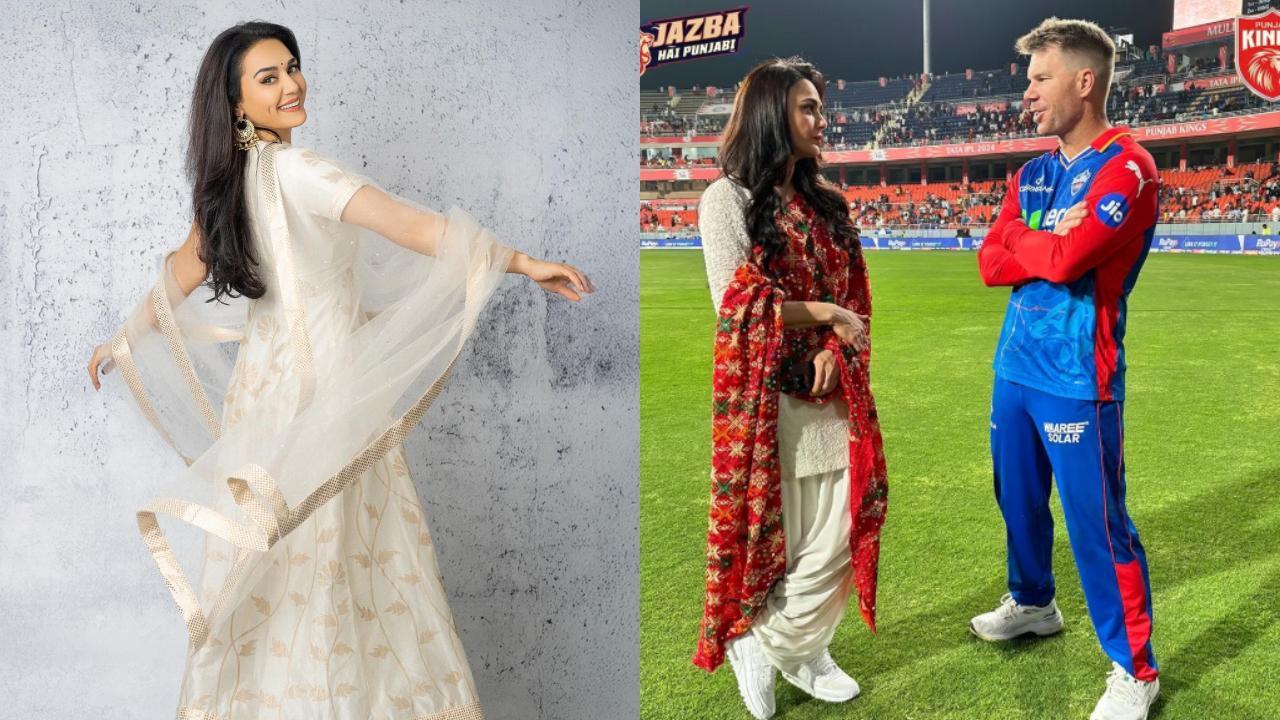
The Indian film industry continues to churn out content that sparks debate and captures audiences’ imaginations. Ranbir Kapoor’s recent movie, ‘Animal,’ directed by Sandeep Reddy Vanga, is no exception. The film has been lauded and critiqued in equal measure, remaining a hot topic of conversation even three months post-release, having shattered numerous box office records. At the heart of the conversation is the perspective of one of India’s seasoned filmmakers, Vishal Bhardwaj, who recently shared his complex reactions to the film.
In an insightful interview with Firstpost, Vishal Bhardwaj conveyed his conflicted sentiment regarding ‘Animal.’ “I have still not made up my mind what to feel about that film because I enjoyed it and at the same time I hated it,” he articulated, reflecting the polarizing nature of Vanga’s work. This admission is particularly striking, coming from a director known for his nuanced storytelling and adaptation of Shakespearean dramas to Indian settings.
The discourse around ‘Animal’ has been turbulent, not just for its narrative content but also for the reactions it has evoked within the film community. Another eminent figure in the industry, actor Adil Hussain, spoke candidly about his regrets over participating in the 2019 film ‘Kabir Singh’—also directed by Sandeep Reddy Vanga and starring Shahid Kapoor and Kiara Advani. Hussain’s expression of regret over not reading the script before joining ‘Kabir Singh’ drew a sharp response from Vanga. The director took to a social media platform, X (formerly Twitter), to express his disappointment, suggesting that Hussain’s ‘regret’ brought him more fame than any of the ’30 art films’ he had done. Vanga’s retort pointed to replacing Hussain’s ‘greed’ for ‘passion’ by using artificial intelligence technology—a move signaling a new era of digital correction in filmmaking.
‘Kabir Singh’ was itself a remake of Vanga’s own Telugu blockbuster ‘Arjun Reddy’ and became Shahid Kapoor’s most successful film. Vanga, riding on the success of these movies, continued his winning streak with ‘Animal.’ The back-and-forth between Hussain and Vanga serves as a reminder of the often contentious relationship between an actor’s choice and the public and critical reception of their work.
As for Hussain, audiences can look forward to his upcoming project ‘Ulajh,’ featuring Janhvi Kapoor and Gulshan Devaiah. This film will showcase a young diplomat from a renowned family of patriots who becomes entangled in a perilous conspiracy while stationed in a foreign land—a stark departure from the themes explored in ‘Animal.’
‘Animal,’ meanwhile, with its critical acclaim and commercial success, demonstrates the enduring appeal of complex narratives and the potent chemistry of a well-chosen cast. As authorities like Bhardwaj continue to grapple with their reactions to Vanga’s filmmaking, it highlights the divergent interpretations art can invoke, and the multifaceted nature of cinematic experiences.
In the world of film, where opinions can be as varied as the themes on screen, Bhardwaj’s candid sharing of his ambivalence towards ‘Animal’ provides an intriguing window into the mind of a filmmaker. Similarly, the discourse around Hussain’s admission underscores the lasting impact a role can have on an actor’s psyche and career. These dialogues underscore the dynamism of the Indian film industry, illustrating the deep connections between the stories on screen and the conversations they spark off it.










